From shaking hands with officials to visiting top ministries, Elon Musk’s trip highlights China’s position as a leading market. Anthony Sassine, senior investment strategist at investment management firm Kraneshares, said the visit was “very important” for Musk.
China accounts for about 50% of Tesla’s sales and 20% of its production capacity. Musk cited US-China tensions as a risk to his 2023 forecast during an earnings call in April.
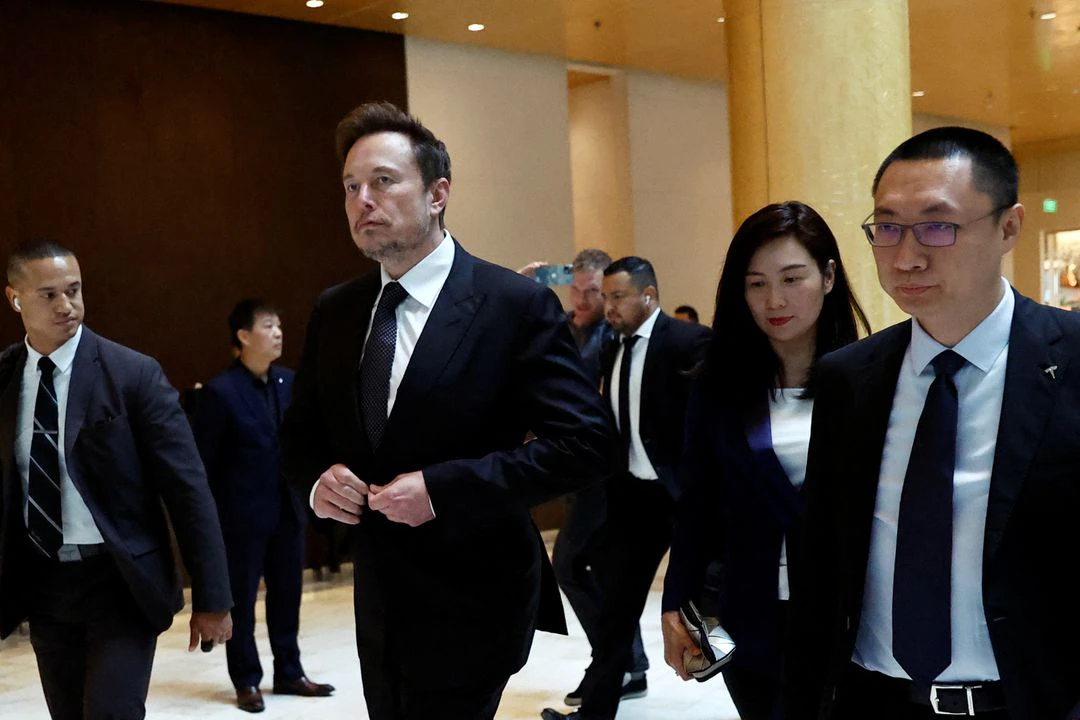
According to Sassine, the visit could be seen as a “ political statement” to China, where leaders like Musk and JPMorgan boss Jamie Damon “tell politicians on both sides of the Pacific that business needs political stability.”
Politics isn’t the only reason. Sassine points out that the macro environment for electric vehicles in China is very difficult. Beijing has ended subsidies for new electric vehicles, while interest rates in the US continue to rise. Faced with this situation, carmakers have had to cut prices to stimulate demand, affecting their profits.
Tesla cut prices for its electric vehicles in China in October 2022 and January this year, before raising them in May. Still, Tesla prices are lower than they were at the beginning of the year after several rounds of price cuts globally.
Tesla’s decision underscores the importance of the Chinese market to the electric carmaker, according to Bill Russo, co-founder and CEO of investment advisory firm Automobility. Tesla needs the economies of scale that China offers to maintain its global cost advantage, but to maintain that, it must ensure it maintains a presence there.
This is not an easy task. China is the world’s most competitive electric car market, with Tesla competing with a host of local automakers. Unlike elsewhere, Musk’s company is not the leader in Beijing.
Speaking about Tesla’s pricing strategy, Russo said the company is “fighting an older portfolio”: the Model 3 was launched three years ago, and the Model Y two years ago. So the company has to use its selling price to compete with electric car manufacturers that are constantly introducing new models. For example, rival BYD sells range extender hybrid (REX) cars – which run continuously without stopping to charge, a “weapon” that Tesla does not have. In addition, BYD also outsells Tesla in the pure electric segment.
Therefore, Tesla must rely on selling price to maintain its competitive advantage. While in other markets, Tesla represents luxury, in China, they have to lower themselves. According to Russo, in price wars, the winner is usually the one who sells at the lowest price. Currently, Tesla is not the cheapest car company in the billion-people market.
(According to CNBC)
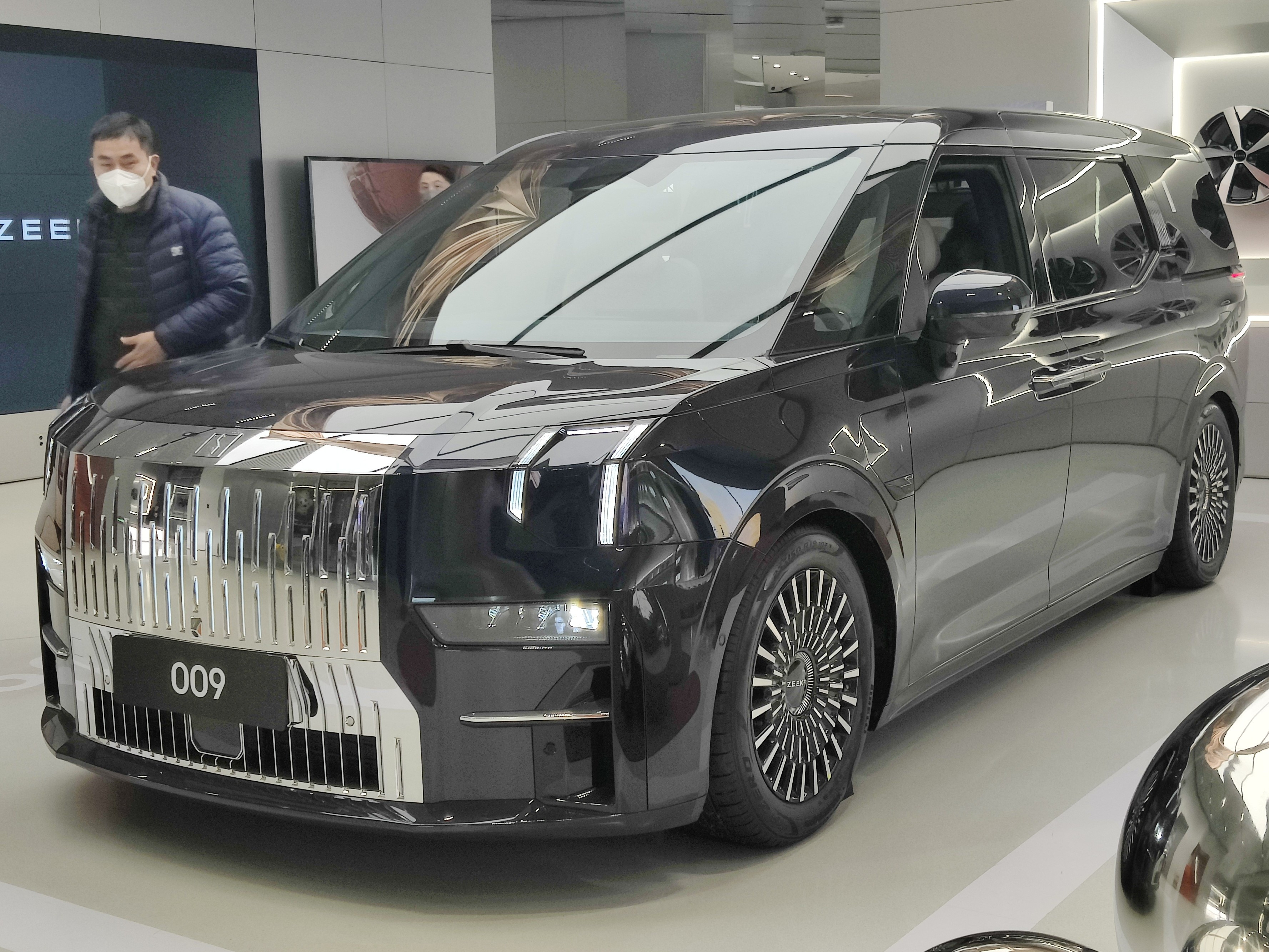
Source


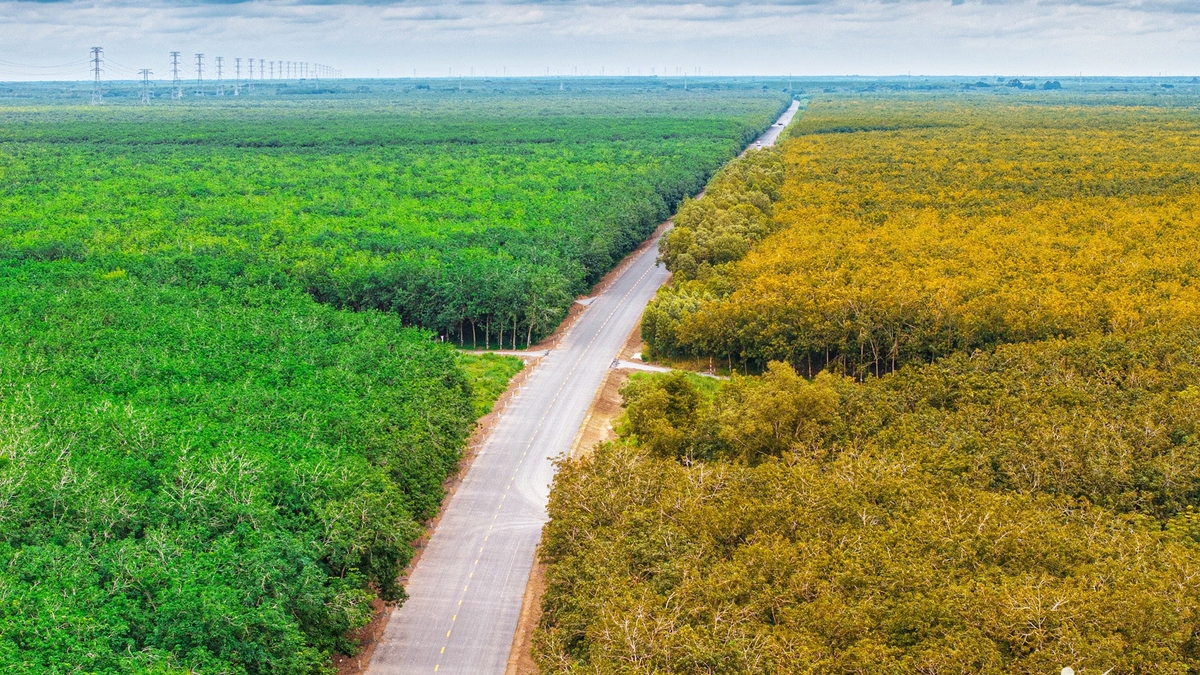





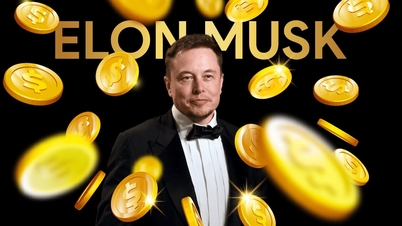

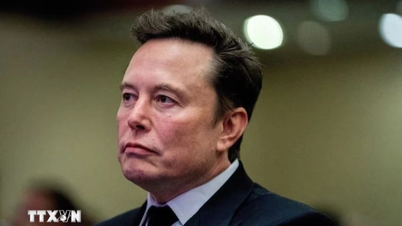


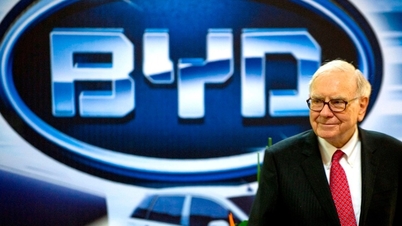


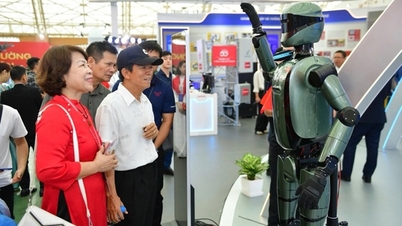

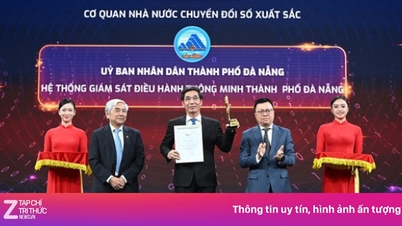









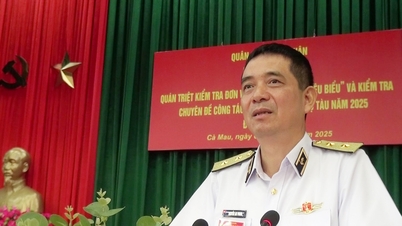


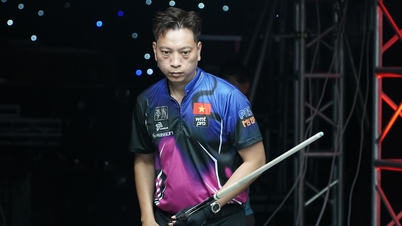







































































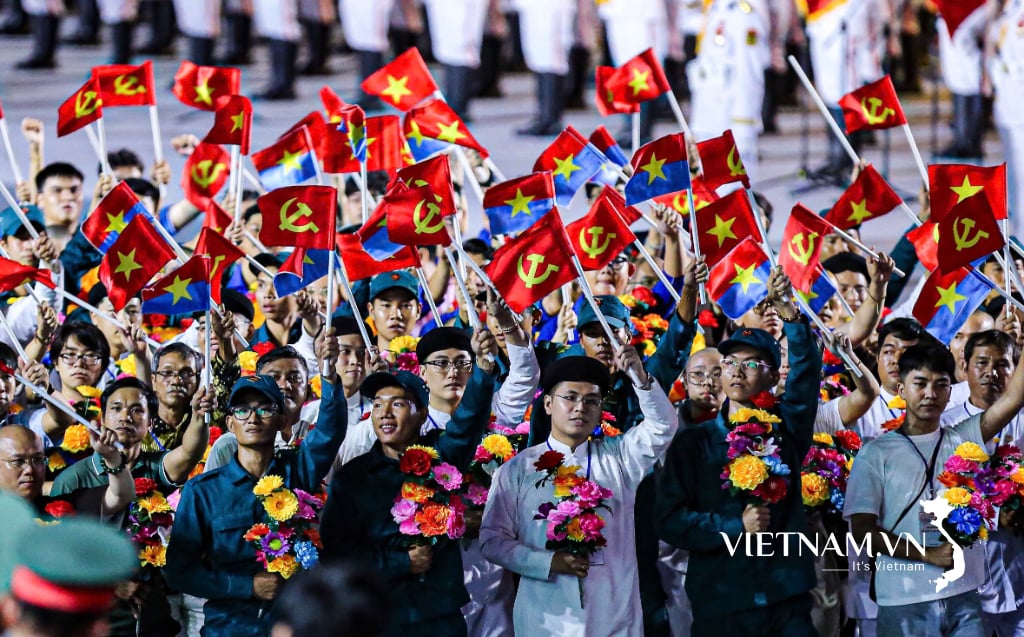
Comment (0)